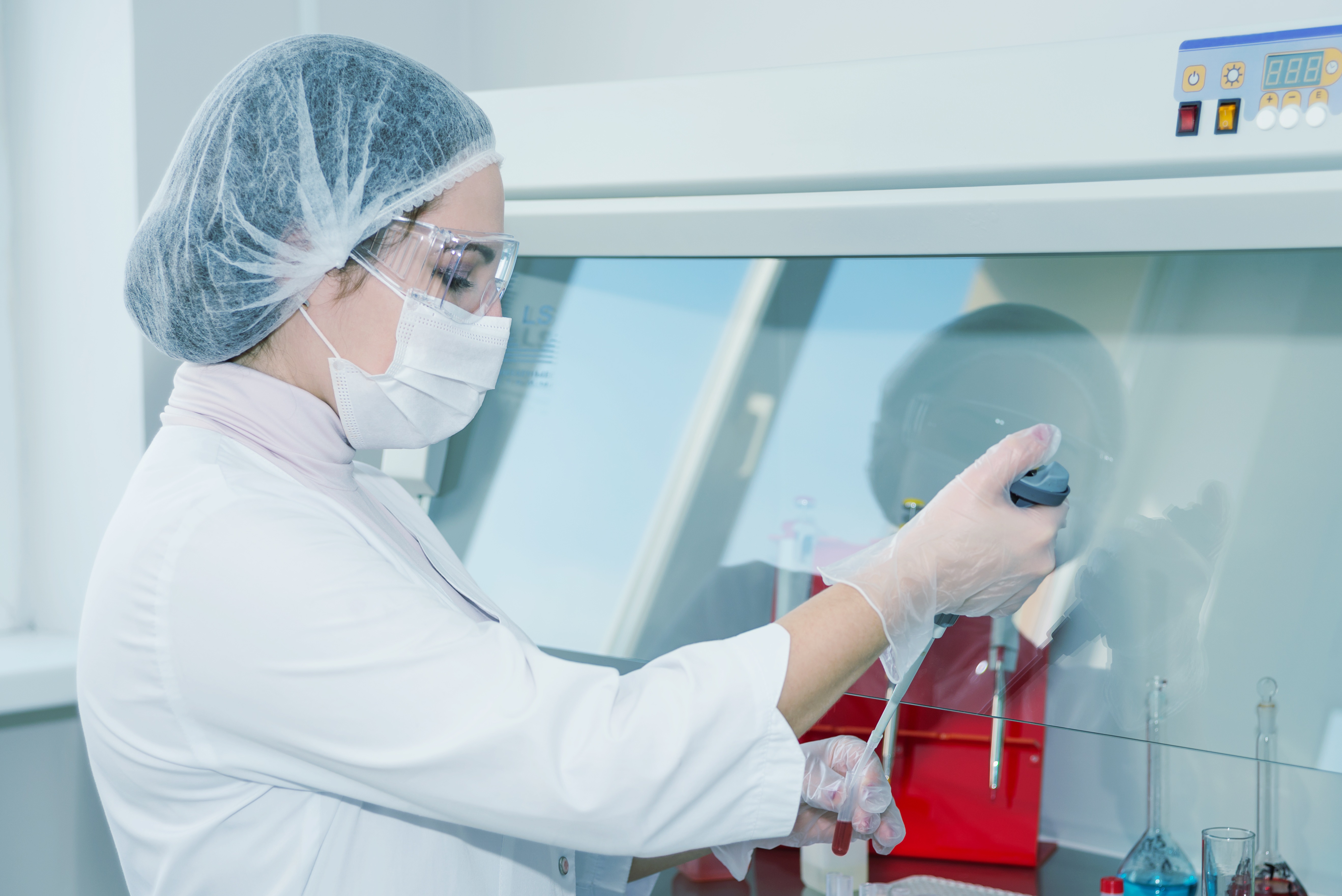NAF Seed Award Given to Project Evaluating Neural Stem Cells to Treat a Rare Ataxia

The National Ataxia Foundation (NAF), which supports ataxia research, has given a NAF Research Seed Award to Liliana Simões Mendonça from the University of Coimbra, Portugal, for work on the transplantation of neural stem cells derived from induced pluripotent stem cells in Machado Joseph disease.
Also known as spinocerebellar ataxia type 3 (SCA3), this is a rare autosomal dominantly inherited neurodegenerative disease that causes progressive cerebellar ataxia, resulting in a lack of muscle control and coordination of the upper and lower extremities. Since the disease is caused by a mutation in the ATXN3 gene, and the production of a corresponding mutant protein, attempts to silence the gene has produced promising outcomes.
Because this approach will likely be used in patients that are symptomatic, and have already lost a substantial proportion of neurons, Dr. Simões Mendonça believes cell replacement therapies are needed to supplement other molecular treatments.
Dr. Simões Mendonça and her team recently showed that transplanting neural stem cells, isolated from the cerebellum of newborn mice, into the same brain region of adult animals modeling Machado Joseph disease had a range of beneficial effects. The transplanted cells increased the production of neurotrophic factors, promoting cellular growth, and reduced inflammation and further neuronal loss.
After the transplant, the diseased mice also had less motor coordination problems, and the team was able to observe that the transplanted stem cells developed into mature neurons in the brain.
Although the method seems promising, human neural stem cells are in short supply, preventing the technique’s use in a clinical setting.
Induced pluripotent stem cells, derived from easily accessible peripheral cells, have been used to produce a variety of cell types, including neurons. Dr. Simões Mendonça speculated that it might be possible to generate patient-specific neural stem cells from induced pluripotent stem cells, and delete the mutation in these cells before they are transplanted back into the patient.
Such transplants, she thinks, might trigger the regeneration of neurons and aid in the functional recovery of patients, an objective she hopes to attain with her project — producing and evaluating neural stem cells devoid of the ATXN3 mutation.







